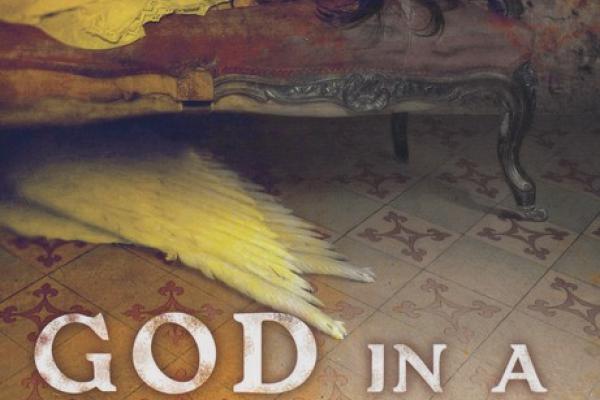Nov 9, 2011
You need to read God in a Brothel because:
- 30 million people are enslaved around the world,
- It’s a $32 billion industry per year,
- 2 million children are enslaved in the sex trafficking industry,
- 100,000 of these children are living right here, in the United States.
The sex trafficking industry would not exist without the demand for commercial sex that flourishes worldwide.
The church played a central role in the Civil Rights and anti-apartheid movements. Now the church has the power -- and the responsibility -- to fight human trafficking with all of its rich resources.
Read the Full Article

Already a subscriber? Login
